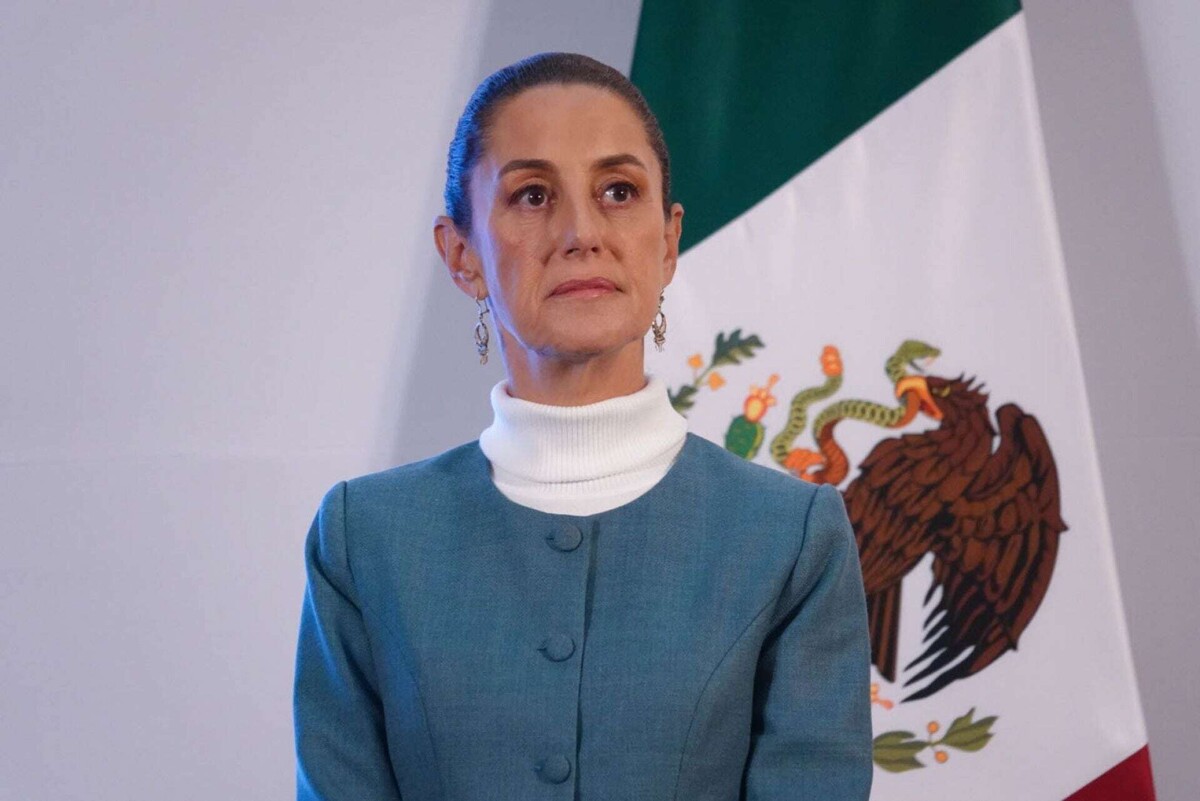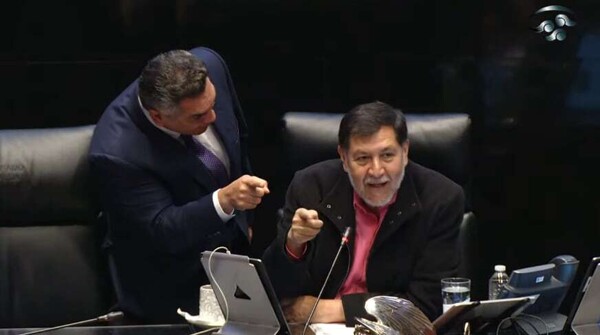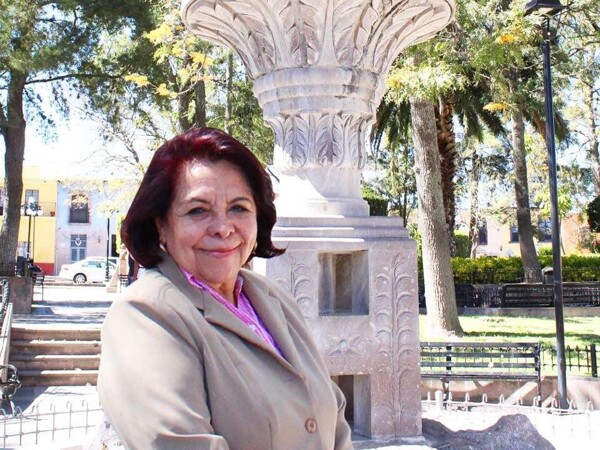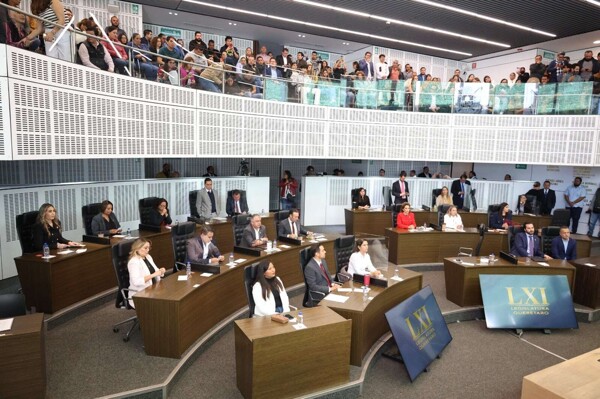
There are concerns about how to reconcile the agenda of progress with the loss of rights that is being observed. It is questioned whether it is feasible to achieve progress at the expense of rights. On one hand, the president's list of proposals aimed at improvements is highlighted, but on the other hand, there is a perception of weakening of institutions and rights.
Professionalism and governance capacity are aspects that distinguish from power. With the advancement of the current governmental management, some uncertainties are cleared up. In response to the perception of disillusionment, the professor's strategy shifts towards reflection on past dictatorships and the PRI model.
It is raised how the current situation has evolved, with more than six years of lack of transparency and limited access to relevant information for public policies. There is a highlighted need for institutional conditions to make rights effective. It is questioned whether the model of concentration of power from the past is applicable today.
The discussion focuses on the right to information as a basis for accountability. The president's proposal for a new internal control scheme is mentioned, which raises doubts about its impartiality. The lack of protection for fundamental rights and the absence of guarantees for citizenship are aspects that concern and generate a feeling of mourning.
The challenge of explaining to new generations the implications of living without rights is raised. The change of economic and political paradigm over the years is analyzed, and it is questioned whether growth can be achieved without ensuring rights. The importance of transparency and accountability as mechanisms to maintain balance and control over the exercise of power is highlighted in the conversation with Professor Giraudy.














